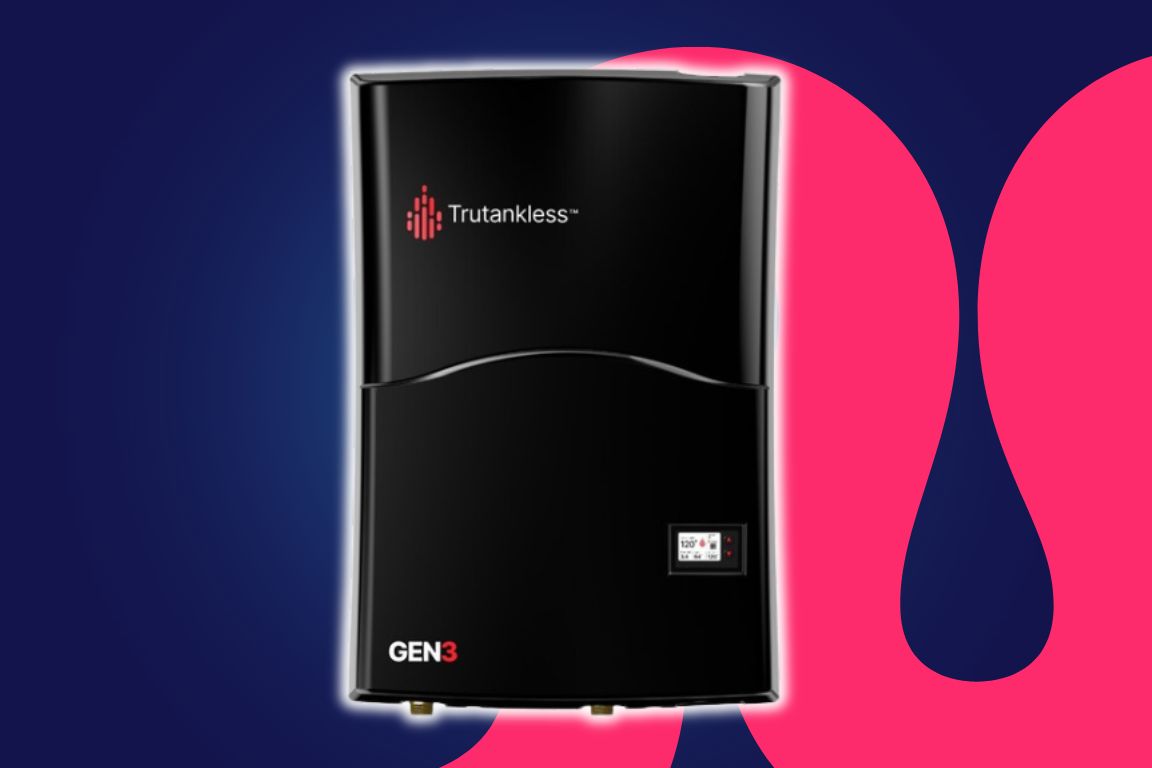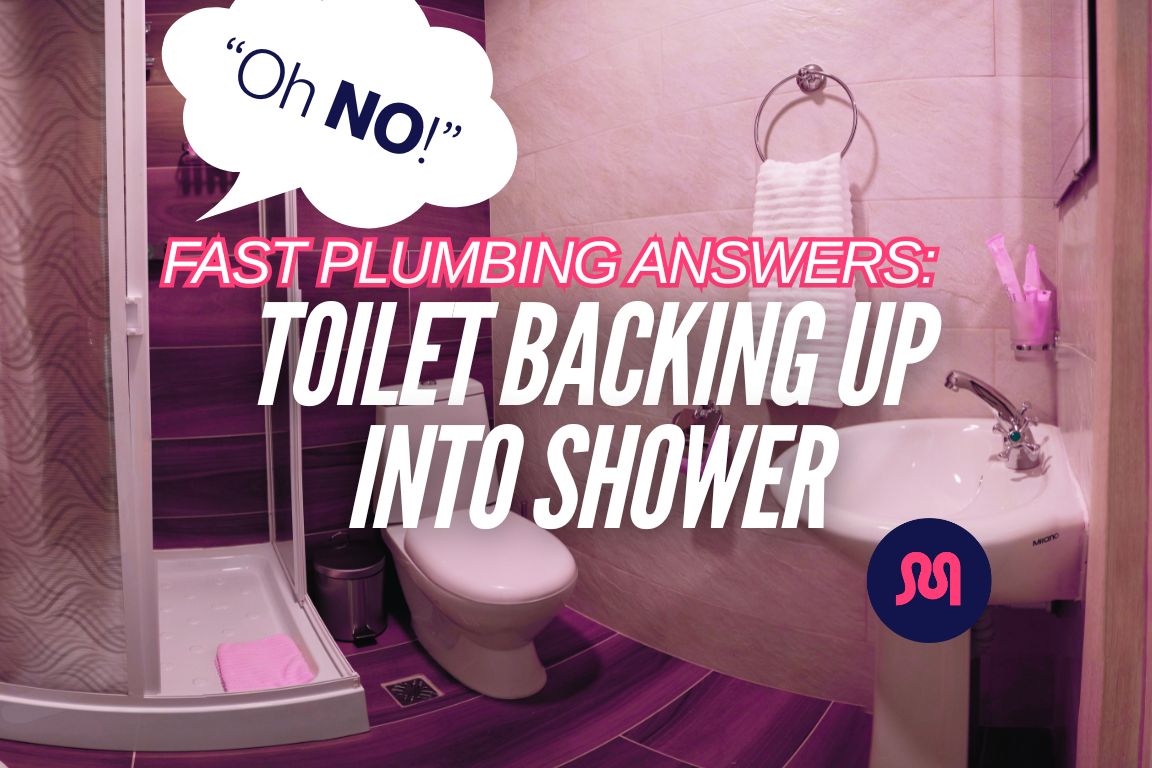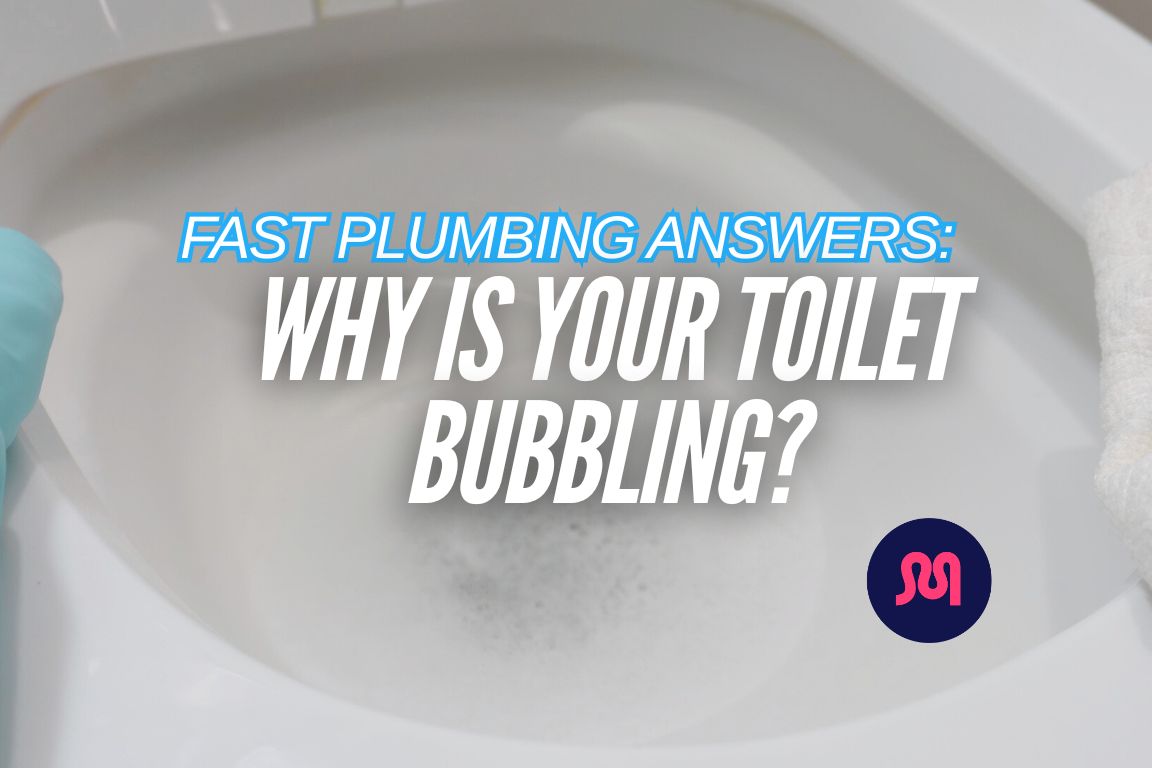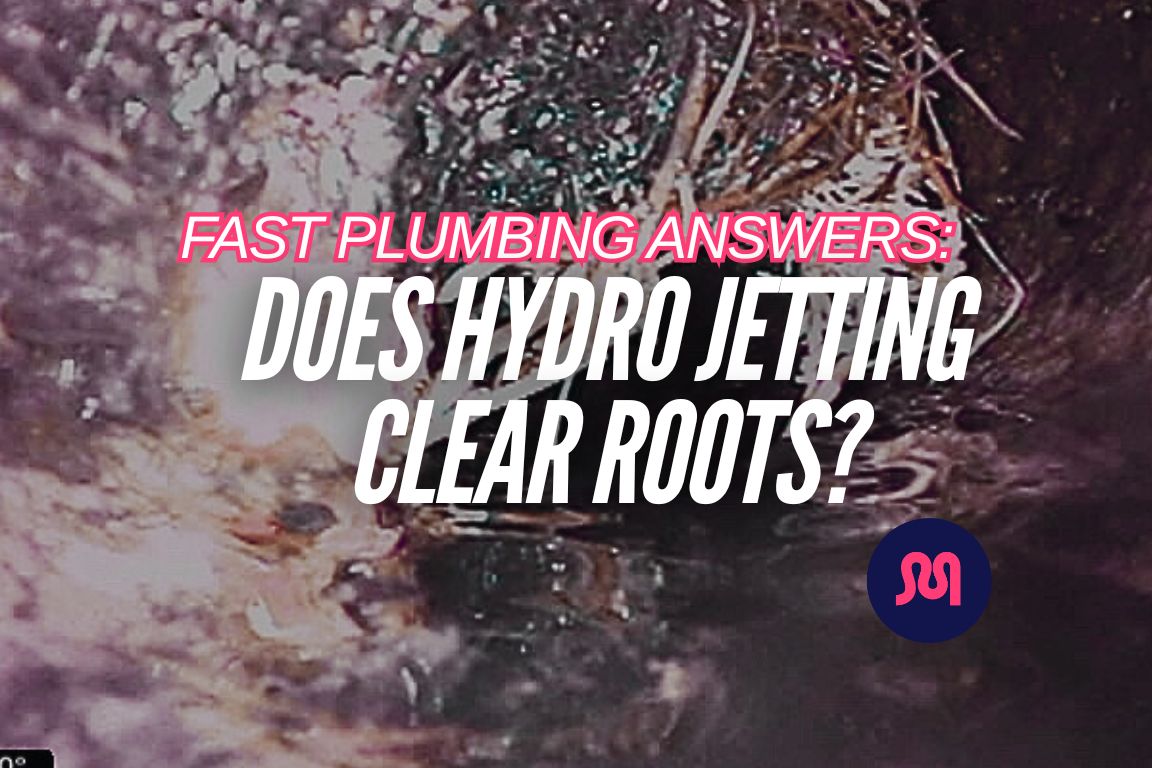Electric Tankless Water Heaters Aren't Worth the Cost

table of contents
table of contents
Your water heater tank just sprung a leak, and it struggles to keep up with your growing family’s demands. You’re considering a switch to tankless, but you’re concerned about some of the reviews. So, are electric tankless water heaters good?
The truth: most homeowners never see enough savings to make up for the high upfront costs of installing an electric tankless system.
At Mother, we’re committed to smart, modern plumbing solutions that solve real-world problems for homeowners. We love the technology behind tankless water heater systems- but they’re far better suited for homes that run on gas than electric.
We almost never recommend electric tankless water heaters. See why they fall short of the hype and how they stack up against conventional tanks and gas tankless systems. If you’re dead set on getting one, see our recommended brand below.
Considering a tankless in your Dallas home? Call Mother 24/7- our friendly experts will guide you to the best solution (even if it means choosing a tank instead).
{{tankless-water-heater-installation="/services/tankless-water-heater-installation"}}
The Truth About Electric Tankless Water Heaters

Homeowners considering a switch from electric water heater tanks to electric tankless systems want the benefits of tankless- but do electric units actually deliver? The answer for most homeowners is no.
Here is the truth behind the three most assumptions homeowners have about tankless water heaters, when talking specifically about electric units.
True or False?: Electric tankless water heaters reduce mineral scaling, corrosion, leaks, and overall system inefficiency.
ANSWER: True- but only with maintenance.
Like gas tankless units, electric tankless systems are highly efficient at heating water only when needed, eliminating standby heat loss. However, their primary issue is scaling of the electric heating elements. The hard water minerals scale up the heating elements faster than they would in a gas heat exchanger, quickly dropping performance. While they won't corrode and leak like a giant steel tank, neglecting the annual flush on an electric unit will cause performance to plummet and could lead to element failure, quickly making the "efficiency" assumption false.
True or False?: Electric tankless water heaters save more money than water heater tanks.
ANSWER: False!
While the unit is technically more energy efficient than an electric tank due to zero standby loss, the upfront cost of installation for the electric tankless system is often so high that the homeowner never realizes a net savings over the unit’s lifespan. The cost of running new, heavy-gauge wiring and often upgrading the main electrical service panel (which can cost thousands) completely wipes out the moderate long-term utility savings for most average-usage homes.
True or False?: Electric tankless systems provide on-demand hot water while reducing square footage of tank water heaters.
ANSWER: True!
This is the one benefit that electric tankless units deliver without complication. The unit is physically small (the size of a briefcase or smaller) and wall-mounted, immediately freeing up the 12–15 square feet of floor space occupied by a conventional tank. Furthermore, the unit does provide on-demand hot water, eliminating the recovery time associated with a tank unit. This is the primary—and sometimes only—reason to choose electric tankless.
Comparing Electric Tankless Systems to Electric Water Heater Tanks

If you’re reading this article, you’re likely considering a switch from your electric water heater tank to a new tankless systems.
The fundamental trade-off between tank and tankless water heaters in electric homes is cost of ownership vs. hot water delivery. The cost to purchase and install an electric tankless is roughly 2-3x higher than a conventional tank unit. Tankless systems are more expensive to purchase, and require a much greater labor effort to install and upgrade electric systems.
Tankless systems offer the benefit of continuous on-demand hot water, but they aren’t immune to hard water and mineral scaling issues.
This comparison highlights the fundamental trade-off: high installation cost for space and hot water supply differences between electric tank and tankless water heaters.
Dead set on switching to tankless? Read our updated guide first- compare the cost, difficulty and pros and cons of ditching your conventional water heater for a tankless system.
{{replacing-water-heater-with-tankless="/blogs/replacing-water-heater-with-tankless"}}
Comparing Electric Tankless and Gas Tankless Systems
Electric tankless water heaters don’t deliver the same long-term cost and energy savings of gas tankless systems. This is due to the extremely high upfront cost of installation and upgrading electrical infrastructure to support the unit.
While maintenance costs for electric units are low, most systems underperform in hot water delivery vs. gas tankless water heaters. This leads to an average product lifespan roughly 5 years less than gas systems. This shortened lifespan, coupled with upfront costs, makes electric units far less likely to pay themselves back over time.
Let’s compare and contrast electric and gas tankless water heaters on costs, performance, common repairs and overall lifespan.
Hidden Costs of Installing Electric Tankless Systems
The primary reason electric tankless systems are not recommended for most average homes is the infrastructure burden. The cost to upgrade your home’s electrical systems is often missed by buyers when researching tankless products.
Tankless systems also demand an incredibly high rate of electricity. The average electric tankless water heater requires a dedicated 150-200 amp service line, while most electric tank units need 60-80 amps total.
“You have to get a whole new subpanel installed in order for an electric tankless to be worth anything for you,” says our Responsible Master Plumber Steven Smith.
Upgrading Infrastructure: The Deal Breaker
The biggest hidden cost of electric tankless systems is the sheer power needed to operate them. A standard home only has a 100–200 amp main service. Running multiple high-demand appliances (AC, oven, dryer) plus an electric tankless unit can push that service panel capacity past its limits.
- The Power Draw: Many units require a staggering 150 to 200 dedicated amps run on heavy-gauge copper wiring, often requiring three or four separate 40-amp double-pole breakers.
- The Cost: Beyond a plumber, you must also hire a licensed electrician to do 2 things:
- Install a new, dedicated wiring run from the breaker panel to the unit's location.
- You may require a complete service panel upgrade (replacing the home's main electrical box) to handle the load. This is a multi-thousand dollar project.
High Electricity Usage and Demand
While the unit is only on when heating water, the rate of demand is enormous. This means that if you run a heavy electrical load (two showers, washing machine) simultaneously, the instantaneous peak demand on your home is huge. This triggers higher usage tiers on some utility plans.
Do Energy Savings Mitigate Upfront Cost?
For most homeowners, no.
The typical residential utility savings from eliminating standby heat loss rarely exceed $10–$25 per month. If the homeowner spends $3,000 to $6,000 to install the unit and upgrade their electrical service, the simple math shows it could take 10 to 20 years just to break even on the installation cost.
For the average family, a high-efficiency electric tank (which has a lower upfront cost) is the smarter financial decision.
2 Times When Electric Tankless Water Heaters Excel
It’s not all doom and gloom for electric households. There are two practical scenarios where an electric tankless system is a smart solution for your home.
These conditions are pretty specific. Electric units are fine for small homes with low overall water usage- actual savings are achievable in these conditions. They also work well in small condo units where gas isn’t an option.
If you’re buying an electric tankless, buy this one

If you’re dead set on installing an electric tankless water heater in your home, our Master Plumbers recommend one (and only one) product.
“I like Trutankless electric tankless water heaters,” Steven says.
The Trutankless GEN3 model is compatible with recirculation pumps (most electric tankless systems aren’t), and offers an on-board leak detection shutoff failsafe. It also offers a stainless steel heat exchanger to limit mineral scaling and corrosion.
Electric Tankless Systems (Usually) Fall Short
For most, the switch to an electric tankless water heater doesn’t return value. The high upfront cost to upgrade your electrical and install the system is never offset by your energy savings.
Gas tankless water heaters provide far greater benefits in terms of cost of ownership, energy savings and potential return on investment. Our Master Plumber Steven puts it simply: “100% gas systems, rarely electric.”
That said, small homes and condo spaces with minimal water usage can see benefits from installing an electric tankless- especially where gas power isn’t an option.
Dallas residents: thinking about going tankless? Call Mother 24/7- our friendly experts will guide you to the best solution (even if it means choosing a tank instead).
{{tankless-water-heater-installation="/services/tankless-water-heater-installation"}}
Common Q’s about Water Heaters
Do tankless water heaters lower your home insurance?
Tankless water heaters can reduce insurance premiums due to the reduced risk of not having a full tank in your home. Ask your insurance agent if any premium discounts apply to new water heater installation.
Can I get a tax credit for a tankless water heater?
Yes, natural gas tankless water heaters installed between 2023 and 2032 are eligible for the EnergyStar Energy Efficient Home Improvement Tax Credit. It covers 30% of the total installation cost up to $600. ENERGY STAR rated tankless water heater models with ≥ 0.95 UEF are eligible.
Are tankless water heaters more efficient than tank water heaters?
Yes, the U.S. Department of Energy reports that tankless water heaters are up to 34% more efficient than tank water heaters. That's because tankless heaters don’t store water. Instead, they heat water on demand and only when needed.
What are the most common tankless water heater repair types?
A majority of tankless water heater repairs (especially in DFW) involve one of these six key issues:
- Descaling due to mineral buildup
- Ignition system issues (blocked sensors)
- Blockages of vents
- Faulty flow sensors
- Leaks from a damaged heat exchanger or valves
- Damaged gas flexes and closed valves (gas units)
Why are electric tankless water heaters not advisable for Dallas?
We almost never recommend electric tankless water heaters for Dallas area homes due to their incredibly high energy consumption. The cost to upgrade your home's electrical infrastructure is huge, and leaves most DFW homeowners unable to ever achieve total product payback.
Why are gas tankless water heaters best for Dallas homes?
Unlike electric tankless units, natural gas tankless systems have a lower upfront installation cost- less expensive infrastructure upgrades are needed. It's also cheaper to run natural gas or LP tankless units in the DFW Metroplex. This leaves homeowners far more likely to see real long-term savings during ownership.




